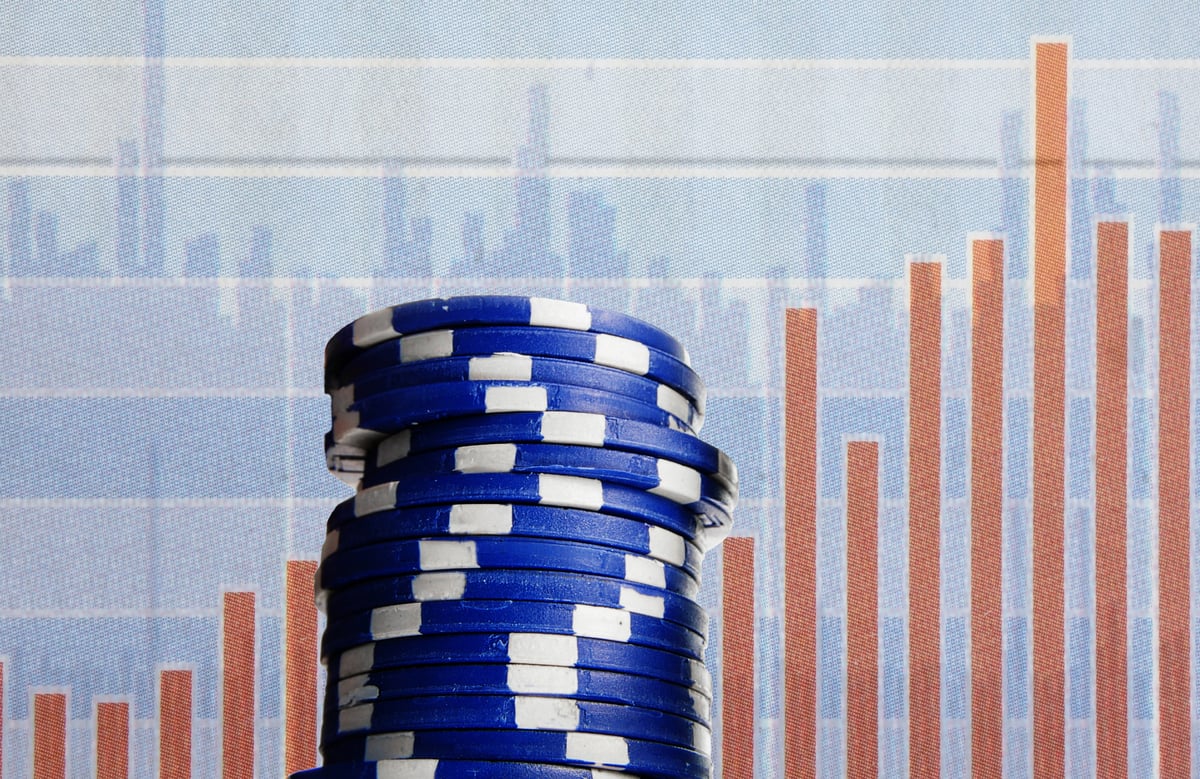It's hard enough achieving your retirement goals without having your stocks sandbag you along the way, which is why it's important to find stocks that can help you achieve what you set out to accomplish. That's why we asked three Motley Fool investors to identify one stock they felt investors preparing for retirement could benefit from. Read on to find out just how McDonald's (MCD +0.80%), PepsiCo (PEP +0.04%), and British American Tobacco (BTI +0.35%) could help you reach your retirement goals.

Image source: McDonald's.
Mouth-watering dividend growth for retirees
Dan Caplinger (McDonald's): Fast food has been a part of American culture for decades, and McDonald's has remained the iconic fast-food restaurant chain worldwide. The company lost count of how many billions of burgers it sold a long time ago, but the appeal of McDonald's has grown with the need for consumers to get convenient food offerings at value prices.
For retirement investors, dividends are essential, and McDonald's has a strong track record of not only paying regular quarterly dividends, but also increasing those payments consistently. For 41 straight years, McDonald's has increased its dividend payouts each year, including its most recent 6% dividend boost in December 2016. That qualifies McDonald's for inclusion in the prestigious Dividend Aristocrats list, and it shows how the company has managed to reward shareholders both in good and bad economic environments over the years.
Many shareholders counted McDonald's out because of the rise of fast-casual establishments with a commitment to high-quality food offerings. Yet McDonald's was able to respond with a nod to healthy cuisine, while still catering to its core audience of customers looking for an affordable way to dine out. The addition of all-day breakfast heightened the appeal of the fast-food chain, and now, growth prospects abound. If you want reliable dividends from a stalwart stock that retirees can trust in, McDonald's should be able to take care of you for decades to come.

Image source: Getty Images.
A diversified packaged foods giant
Leo Sun (PepsiCo): PepsiCo might seem like a poor retirement play, since soda consumption in the U.S. fell to a 31-year low last year. But PepsiCo's carbonated drinks generate just a small percentage of its overall revenues -- the rest comes from other beverages like juices, teas, sports drinks, and bottled water -- as well as Quaker packaged foods and Frito Lay snacks.
That portfolio includes 22 billion-dollar brands, making it a better diversified company than its rival Coca-Cola, which only sells beverages. PepsiCo's near-term growth is weighed down by regional and currency headwinds, but those challenges dissipate over time. That's why its annual revenues surged 79%, from $35.1 billion in 2006 to $62.8 billion in 2016. Its stock has rallied 75% over the past decade.
CEO Indra Nooyi, who took over the top spot in 2006, has pivoted PepsiCo's portfolio toward healthier "Everyday Nutrition" brands -- like Naked Juice and Sun Chips -- to counter slowing demand for processed junk food. A quarter of PepsiCo's revenue came from those healthier products last year. The company expects its organic revenues to rise "at least 3%" this year, and for its core constant currency EPS to rise 8%.
That slow and steady growth should help retirees sleep easy at night. Moreover, PepsiCo pays a forward dividend yield of 2.7%, and it's hiked that payout annually for over four decades. It spent just 65% of its earnings on that dividend over the past 12 months, so it has plenty of room for future hikes -- making it an ideal income play for retirees.

Image source: Getty Images.
Stable dividends that won't go up in smoke
Rich Duprey (British American Tobacco): The future of cigarettes is smoke free, and British American Tobacco is leading the way forward. Although the Food & Drug Administration announced it was considering rules to require tobacco companies to lower the amount of nicotine in cigarettes to non-addictive levels as a means of cutting down on the number of people who smoke, the companies themselves have already seen declining volumes as a clarion call to go in another direction.
British American Tobacco is the one of the largest global manufacturers of electronic cigarettes and other smokeless alternatives, and says the vapor market outside the U.S. is expected to reach almost $19 billion by 2020. On the other hand, the U.S. market for e-cigarettes in 2015 was worth about $8 billion, and is expected to grow at a better than 24% compounded annual rate through 2020.
Obviously, British American Tobacco, Altria, and Philip Morris International all derive the vast majority of their revenues from traditional, combustible cigarettes, but each is investing considerable sums of money into next-generation e-cigs, like heat-not-burn technology that could achieve the goals health authorities worldwide have set for reducing the number of people smoking. As a safer alternative to cigarettes, e-cigs are starting to proliferate in markets everywhere.
As one of the leading developers of these smoking alternatives, British American Tobacco provides the opportunity for delivering a full range of products that meet the needs of adult smokers, particularly with its acquisition last month of Reynolds American.
British American Tobacco has been a consistent dividend payer for most of its 100-plus-year history, and today offers investors a payout of $2.22 per share that yields 3.6% annually. The tobacco giant's policy is to pay dividends of 65% of long-term sustainable earnings, which ought to provide income investors a stable payout for many more years to come -- allowing you to reach your retirement goals.








